Can Cats Drink DISTILLED Water? Will It Actually Poison Them?
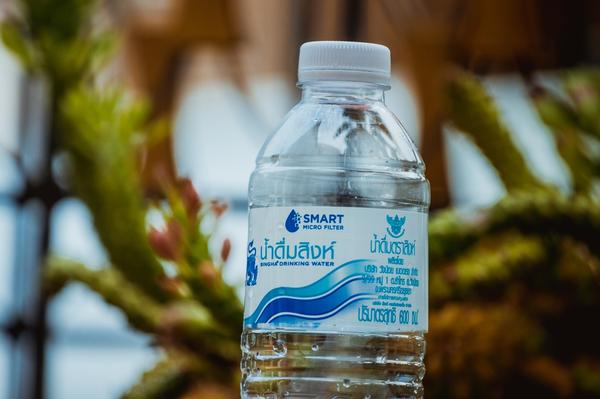
Let me know if you agree:
Worried sick about giving your beloved feline friend the wrong water? 😔
Imagine their little whiskers drooping, as you live out your worst nightmare.
But hey, take a breath!
We're about to dive into the distilled water debate.
Shall we?
Can Cats Safely Drink Distilled Water?
Distilled water is purified through a process that removes all impurities, including minerals.
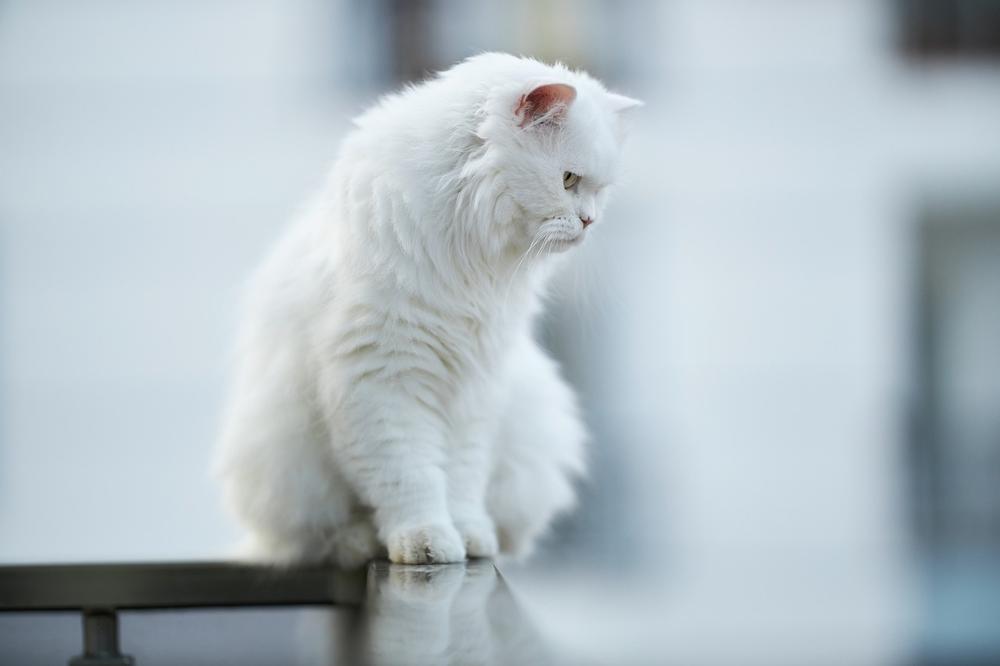
While it may be safe for humans to consume, cats have different needs.
Here's why:
- Mineral deficiency - Cats need the minerals found in tap water to support their overall health and well-being. Distilled water lacks these essential nutrients.
- Potential dehydration - Since distilled water lacks minerals, it may actually lead to dehydration in cats. By not providing the necessary hydration and electrolytes, distilled water can disrupt their fluid balance.
- Negative impact on urinary health - Cats are prone to urinary tract issues, such as bladder stones. Tap water helps maintain a proper pH level in their urine, whereas distilled water can potentially contribute to these problems.
- Limited availability - Providing your cat with access to tap water is convenient and cost-effective. On the other hand, relying solely on distilled water means ensuring a constant supply and can become cumbersome.
To ensure your feline friend stays hydrated and healthy, it is best to stick with tap water or consider using filtered water instead.
Your cat will thank you for it! 😺
Main points I'll expand upon further down this article:
- Provide fresh and replenished water options such as purified, spring, or tap water.
- Wet or canned food can help hydrate cats.
- Filtered tap or spring water is recommended for drinking.
- Balanced diet and access to clean, fresh water are essential.
- Distilled water is not necessary, regular tap water is safe.
- Avoid alkaline water as it can affect a cat's urine pH.
- Cats may prefer drinking from a faucet or recirculating water fountain.
- Cats obtain nutrients and minerals from the water they drink.
- Cleaning and sterilizing pet dishes and fountains are important.
- Keep feeding areas clean and free of bacteria, remove fluoride and chlorine.
And now, let's delve deeper into the various purified water options available for cats and why they may be more suitable for certain feline needs and sensitivities...
What Kind of Water Is Best for Cats?
When it comes to giving water to your cats, you want to make sure you're providing them with the best option.
- Using purified water, like reverse osmosis (RO) water, can be good for cats with specific urinary issues or sensitivities to minerals.
- Spring water and tap water are generally preferred because they offer fresh and replenished water.
- Wet or canned food can also help keep your cats hydrated, but when it comes to drinking water, it's recommended to use filtered tap or spring water.
- Regular tap water is safe for cats, unless they have specific urinary problems. You don't need to go out of your way to use distilled water.
- Skip alkaline water as it might affect a cat's urine pH.
- Cats usually prefer drinking moving water from a faucet. To encourage them to drink more water, you could try using recirculating water fountains.
- Nutrients and minerals can be obtained by cats through water, so having a balanced and nutritious diet is important.
- While distilled water may not provide the necessary nutrients, consider giving your cats Cat Water which has a mildly acidic pH level of 6.2 to 6.4 as it might be closer to what they need.
- Keep pet dishes and water fountains clean and sterilized on a regular basis. Make sure to clean reservoirs, pumps, hoses, and carbon filters.
- Maintain cleanliness in feeding areas, removing bacteria and ensuring a neutral pH in the water. It's also advisable to get rid of fluoride and chlorine for optimal results.
Your cat will stay hydrated and in good health by implementing these suggestions.
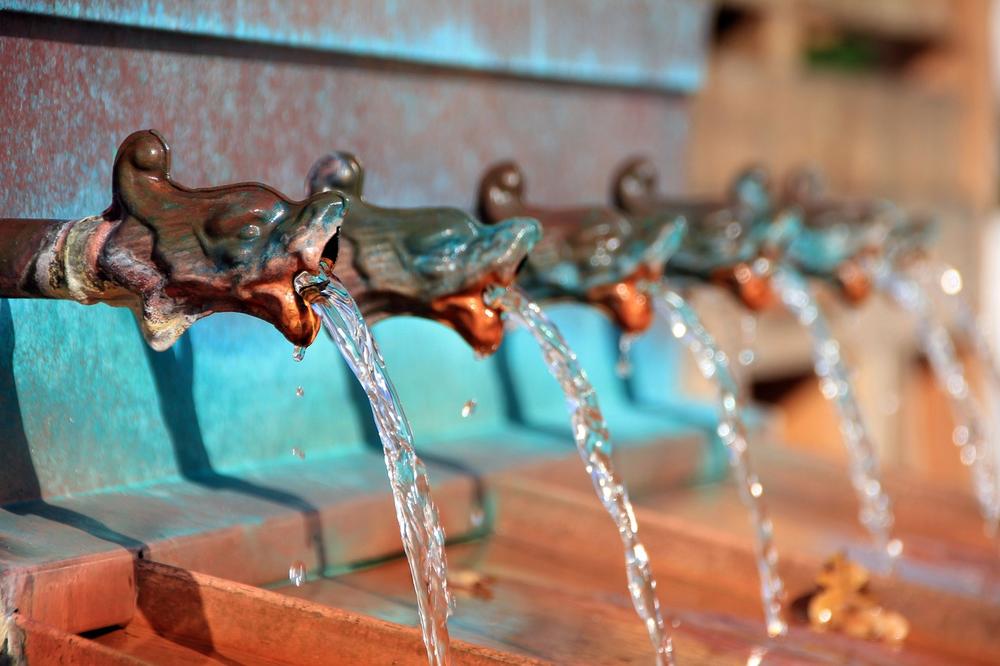
So, you may be wondering if distilled water is safe for your cat to drink.
Well, let's dive into the potential risks and benefits of using this type of water for our furry friends!
Is Distilled Water Good for Cats?
Can cats drink distilled water?
The answer is a bit complicated.
Let me break it down for you:
- Distilled water doesn't have the important electrolytes and minerals that cats need for their health.
- Cat Water, on the other hand, has a slightly acidic pH level that's closer to what cats require for hydration.
- However, because distilled water is acidic and lacks essential nutrients, it's not recommended for cats.
- Even in emergencies, only use distilled water under veterinary supervision as it can disrupt a cat's alkaline balance.
- Drinking distilled water can cause imbalances, low levels of potassium and sodium, and make cats sick.
- Instead, it's crucial to give cats tap or filtered water that contains necessary minerals like calcium and magnesium.
- These minerals help with nerve function and overall bodily processes.
- Choosing distilled water increases the risk of urinary infections, acidic urine, urinary tract issues, and kidney stone formation in both humans and cats.
- Unless your cats have specific urinary problems or refuse regular water, there's no need to buy expensive specialized water just for them.
So, stick to regular water with essential minerals unless your vet advises otherwise.
And speaking of water, if you're wondering about the safety of alkaline water for your furry friend, I highly recommend checking out my blog post on Can Cats Drink Alkaline Water.
It dives into the effects and benefits of this type of water for cats, providing all the information you need to make an informed decision for your feline companion.
So, satisfy your curiosity and find out more about the topic to ensure your cat's health and well-being.
Benefits of Distilled Water for Cats
Drinking distilled water is good for your cat.
It helps maintain a slightly acidic environment that's great for their in essence wellbeing.
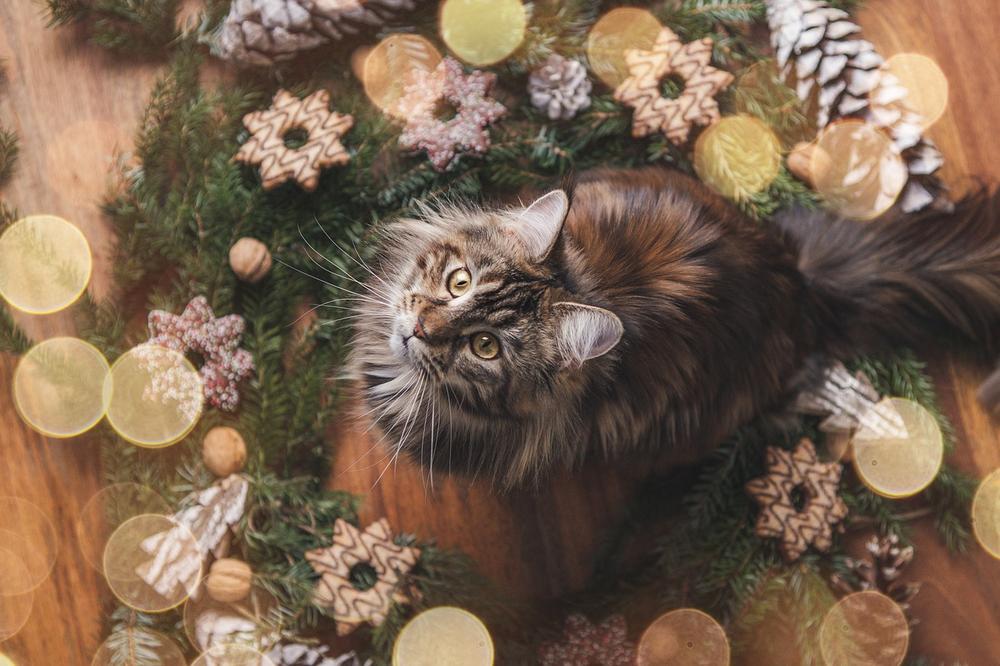
Here's why Cat Water is beneficial:
- Helps digestion: Distilled water breaks down food and helps your cat absorb nutrients, keeping their digestive system in check.
- Supports urinary health: The acidity of distilled water prevents urinary tract infections and keeps the bladder healthy.
- Boosts hydration: Because it's pure, distilled water is easily absorbed by your cat's body, making sure they stay hydrated and their organs work properly.
- Prevents mineral buildup: Unlike tap water with minerals, distilled water stops mineral deposits from forming, which is better for kidney health.
- Reduces allergy risks: By avoiding potential contaminants and allergens found in tap water, distilled water lowers the chances of allergic reactions in sensitive cats.
Giving your cat distilled water can greatly benefit their health and wellbeing.
But remember to consult your vet before making any dietary changes.
And now, let me share with you some essential information on how to recognize signs of dehydration in your cat and the preventative measures you can take to ensure their health and well-being...
Signs of Dehydration in Cats and How to Prevent It
Be alert for signs your feline friend is dehydrated
As a cat owner, you ought to keep an eye out for signs that your furry friend might be dehydrated.
Look for sunken eyes and lethargy - if you notice any sudden changes in their behavior, it's a red flag.
Remember, cats need water just like we do!
Keep water available and try wet food for hydration
To prevent dehydration, always ensure there's fresh water accessible to your kitty.
Don't forget to replace their water bowl regularly.
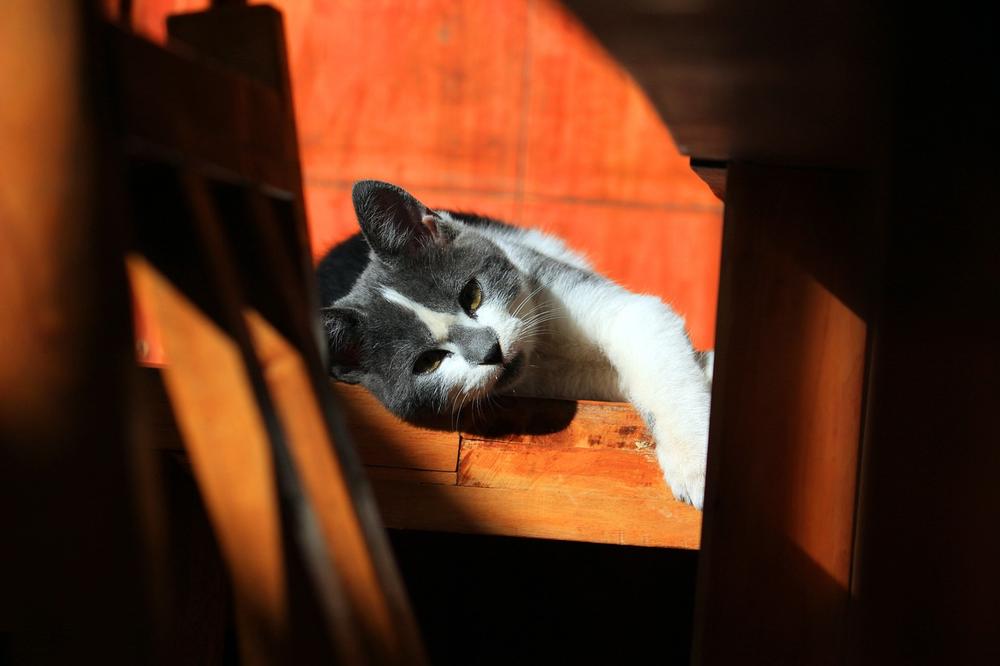
Another tip: consider adding wet food to their diet.
Not only does it provide extra hydration, but it also contributes to their in essence well-being.
Monitor water intake and feed a balanced diet
Go the extra mile by keeping track of how much water your beloved pet drinks each day.
This will help you notice any changes in their water-drinking habits. Furthermore, feeding them protein-rich wet or canned foods helps maintain their water levels. These meals have higher moisture content and work wonders in ensuring proper hydration.
With these preventive measures, you can be an attentive fur-parent and keep your feline friend hydrated and healthy!
But what about the type of water you should offer to keep your cat hydrated?
Well, there's an interesting technique you can try!
How to Introduce Distilled Water to Cats
If you're considering introducing distilled water to your cat, you ought to do so gradually.
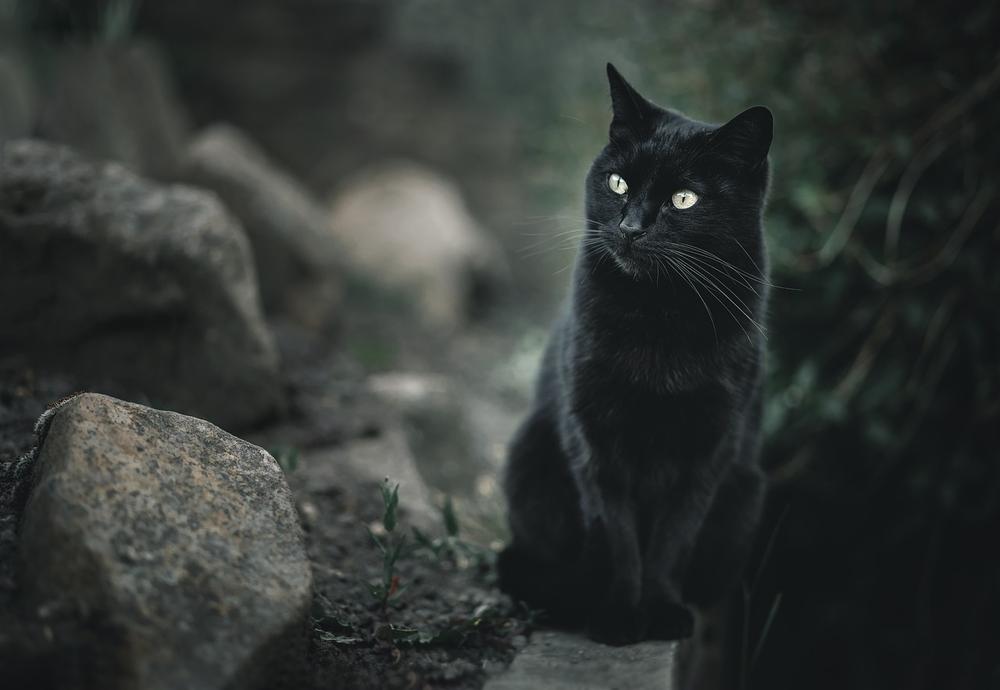
Mixing small amounts of distilled water with tap water at a comfortable temperature helps cats adjust to the taste and texture.
Now, let's talk about how exactly you can introduce distilled water to your furry friend:
- Start by mixing a small amount of distilled water with the cat's regular tap water in their water bowl.
- Observe your cat's reaction to the mixture. If they drink it without any issues, continue to increase the amount of distilled water slowly over time.
- It's recommended to keep the water temperature consistent and comfortable for your cat. Cats are more likely to drink water that is at room temperature or slightly warmer.
- To ensure cleanliness, sterilize the water pump and hoses regularly with bleach to remove any bacteria or buildup. This will help maintain good health for your cat.
- Additionally, consider providing multiple water sources around your home. Some cats prefer drinking from different types of containers, such as bowls or fountains.
By adhering to these guidelines and suggestions, you can safely and comfortably introduce distilled water to your feline companion. 😀
And that wraps up today's article.
If you wish to read more of my useful articles, I recommend you check out some of these: Can Cats Drink Coconut Milk, Can Cats Drink Lactose Free Milk, Can Cats Drink Ice Water, Can Cats Drink Dog Milk, and Can Cats Drink Bottled Water
Talk soon,
-Sarah Davis